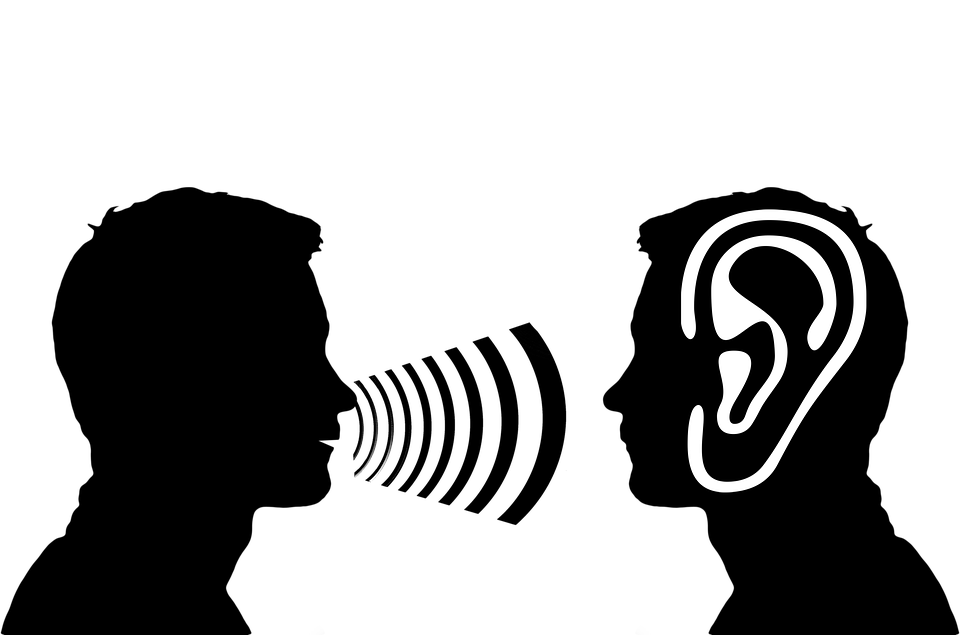Linguistics experts at Glasgow University and Edinburgh’s Queen Margaret University believe that a natural change is happening in the Scottish accent. It seems that the distinctive Scottish rolled ‘R’ is slowly disappearing as young people soften the letter so much that it has become almost inaudible. The rhotic or tremulant consonants have always been a distinctive part of the Scottish accent but are they going to vanish for good?
Scottish accent becoming softer in youngsters
Researchers used ultrasound techniques to analyse the speech patterns of young Scottish people to determine how the tongue moves to form words inside the mouth. It is this movement that forms an integral part of their Scottish accents.
Older Scottish speakers tend to pronounce the ‘R’ sound in the middle of words such as ‘farm’ and ‘twirl’ but younger speakers seem to miss the letter out altogether, following the same patterns as English accented speakers.
All is not lost for the Scottish accent, however, as the researchers discovered that youngsters are still pronouncing the rolled ‘R’ sounds, as well as the ‘R’ at the ends of words such as ‘car’.
It is simply that they are pronouncing them much more quietly. It seems the rolled ‘R’ isn’t vanishing entirely from the Scottish accent but it is becoming much softer, making it harder to hear.

The influence of TV and radio on the Scottish accent
Michael Hance, director of the Scots Language Centre, puts the change in the Scottish accent down to the dominance of the received pronunciation accent (the ‘Queen’s English’) on Scottish television and radio.
He criticised the BBC for using broadcasters with English accents and claimed that the broadcasting company had a “long tradition of sending people off for elocution lessons to soften their accents.”
It would seem likely that English and American accents on TV would have an impact on young people’s accents, however, the researchers at Glasgow University and Edinburgh’s Queen Margaret University say the softening of the Scottish burr is a natural occurrence, unrelated to media influence.
Natural changes in accent over time
Sociolinguist Dr Elenor Lawson comments: ‘It’s not media or TV, it’s more boring than that – it’s just a natural sound change. It seems to happen in languages all over the world over time, particularly at the end of words”.
Dr Lawson explains: “What we found is that some Scottish speakers are delaying the ‘R’ gesture, so it’s happening in silence afterwards. They’re not losing it completely – they’re still producing it. You just can’t hear it the same.
“Speakers with a more vernacular Scottish accent seem to delay their ‘R’ gesture making it hard to hear.”
The research suggests that people outside Scotland might find it hard to understand natives speaking with the softer ‘R’ sound, but fellow Scots have no problem understanding each other, whichever Scottish accent they use.

As far as pronunciations go, Dr Lawson comments that “there’s no right or wrong way to say these words, there are just differences. In England the ‘R’ was dropped off the end of many words long ago and it started in London and was looked down on at the time but there really is no right or wrong way.”
All aspects of a language change slowly over time. Vocabulary is another example of language change with each generation finding new words and introducing new slang phrases as old words fall out of favour.
By looking at the new editions of the largest dictionaries we can see how many new words are added each year. The Oxford English Dictionary updates its word bank four times each year with around 500 new words, phrases and senses being added to this quarter’s update alone! It seems only natural that this kind of change would also happen with accents.
Scottish accent voted second sexiest in UK poll
In a UK-wide poll conducted this year for Valentine’s Day, the Scottish accent was voted the second sexiest accent in the UK with 15% of the vote, beaten only by the Northern Irish accent, which topped the poll with 17% of the vote.
If you haven’t heard a Scottish accent before, there are lots of examples all over the internet of Scottish speakers. Just remember there are many different accents within Scotland and a person from Glasgow has a very different accent to a person from Edinburgh.
For a light-hearted look at general Scottish accents and Irish accents, watch this fun video with an American guy talking about his adventures with these two wonderful accents!
Everyone loves an accent, so however you choose to pronounce your ‘R’s, keep on rolling!
Share your thoughts
Scottish readers, do you feel that the Scottish accent has softened its ‘R’s in recent times?
Do you think accents always change naturally over time? Have you noticed your own accent changing?
Is it ever possible to lose an accent completely?
Let us know your thoughts in the comments box.


Like you say, the Scottish accent can vary enormously. I love the Edinburgh accent, but find the Glaswegians really hard to understand! Enjoyed the article thanx!